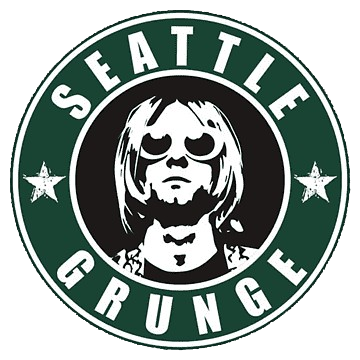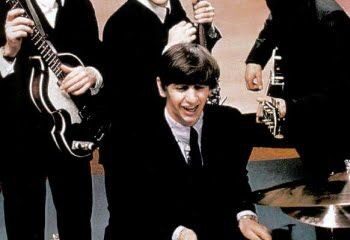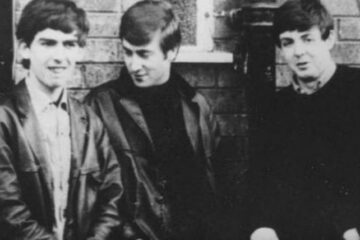Having travelled to London on multiple occasions since school days, and also having been associated with the record label behind the Beatles, EMI, the one pending piece on my bucket list was visiting the holy grail for fans: Abbey Road. The wish was finally fulfilled in March 2020 – just days before the world shut down due to the pandemic – when I crossed the road that featured on the Beatles’ album cover. It was no doubt a challenge attempting to take the perfect photo because drivers – like most around the world – remained impatient, crossing Abbey Road certainly felt like a deep emotional connect with one of the greatest acts in musical history.
As part of recording history, ‘Abbey Road’ was the Beatles’ 11th studio album. Released on September 26, 1969 – 55 years ago – it was the band’s last effort at attempting to record music together as the quartet argued about their musical direction and their finances, having being severely bitten by Apple Corps which was turning into a business disaster. They could also arrive at a unanimous decision on the production of their previous album, ‘Let It Be’, which finally saw its release occurring on May 8, 1970. In all this, John Lennon was coping with a heroin addiction, leading to a massive dip in his creativity, both in song quality and in the quantum of compositions, along with an effort of redeeming his health through cold turkey, which failed miserably.
But Lennon had his moments of silent lucidity, resulting in the brilliance of the opening track of Abbey Road with ‘Come Together’ with its iconic bass lines, courtesy Paul McCartney, who also noticed its obvious similarity to Chuck Berry’s ‘You Can’t Catch Me’ and, in turn, recommended the tempo be slowed to prevent any obvious resemblance. Nevertheless, publisher Big Seven Music took the matter to court in late 1969, resulting in the copyright infringement claim eventually being settled out of court in 1973.




